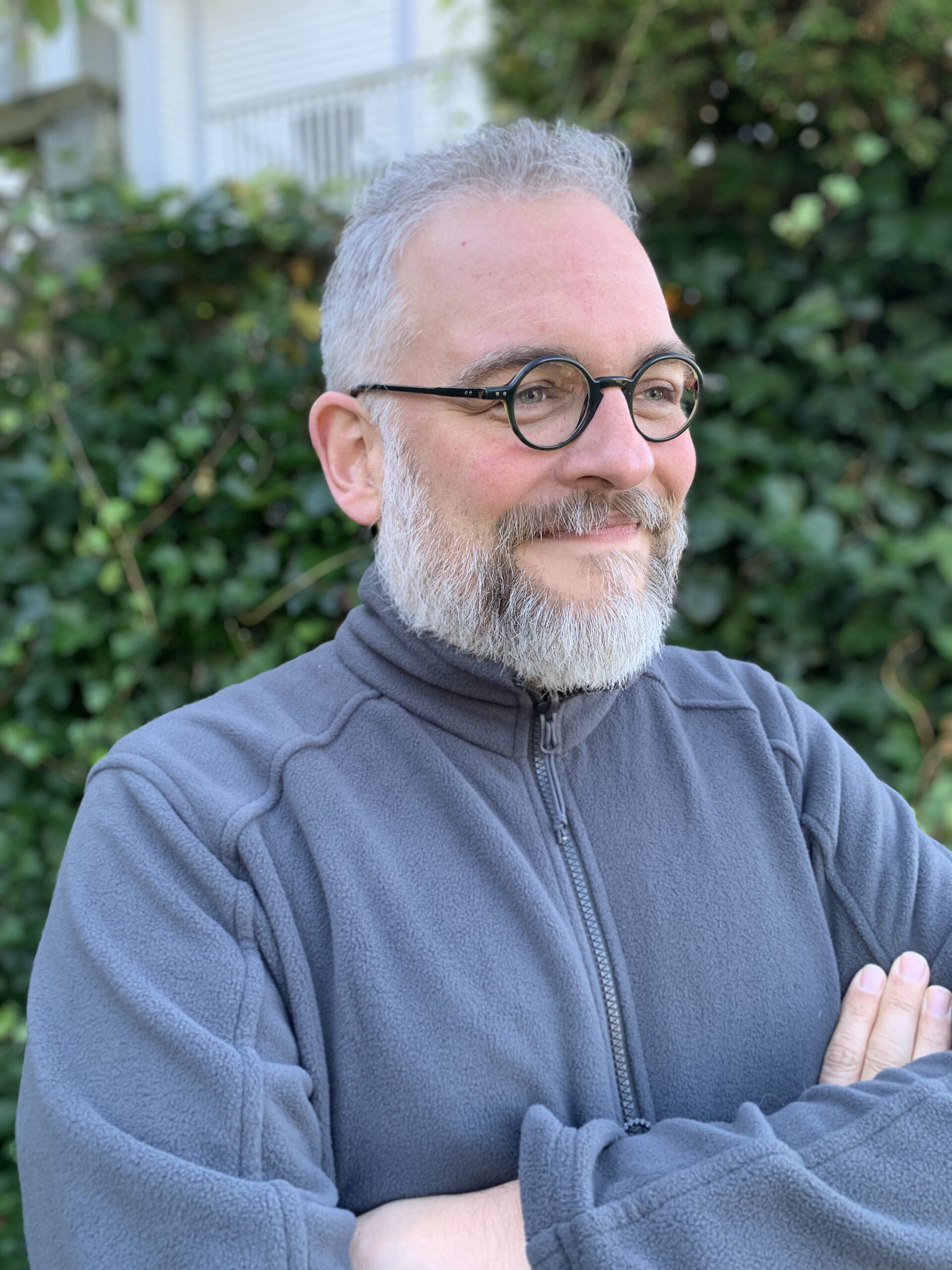There is a lot of vague talk about Mission these days, and a lot of it can sound pretty intimidating. Sometimes we talk about the Great Commission and we get worried that we won’t know how to make disciples of all nations. Or we think about Jesus sending 70 disciples out without purse, without bag, without sandals, like lambs in the midst of wolves—understaffed and underprepared. If you’re like me, it can be easy to feel overwhelmed by this kind of talk, even when you realize that mission is what the church is supposed to be doing.
But there is another way to talk about mission that is much more helpful and encouraging. In John’s Gospel, when Jesus appears to the disciples after the resurrection, he says, ‘Peace be with you. As the father has sent me, so I send you.’ And that’s what mission means. It’s so simple that children can understand, but it’s also so profound that the church could spend another two thousand years unpacking what that means.
We are being sent into the world as the Father sent Jesus. That means that we are being sent to carry on the work that Jesus began—to proclaim that the Kingdom of God is already making itself known in this world. If you want another simple but profound way to talk about mission, listen to the way we talk about Jesus’ work in Godly Play. ‘His work was to come close to people, especially the people no one else wanted to come close to.’ That’s the Good News right there. The kingdom of God is in the midst of us, because in Jesus, God was coming close to the least, the lost, and the left out. And if we are being sent as he was sent, we also need to be able to say that God is coming close to people through the Church and through us as individuals.
So when we help to feed the hungry through the food bank, we need to remember that this is about coming close to people. When we make disciples—passing on our faith to others—it is really about continuing Christ’s work, not our own. When I march in the Pride parade, when I helped the Occupy NL camp find a safe home for their General Assemblies, or when I built homes in Guatemala, these are not just stories about what I have done, but about the church being God’s presence in the midst of the world.
But it can be easy to get too comfortable with that kind of thinking. We can start to use the Five Marks of Mission as a checklist to justify the projects we are already involved in, and to congratulate ourselves for all the good mission we are doing. That’s why it’s important that we learn to ask what God is doing in the world, with us or without us. We have to learn not to be so arrogant as to assume that we have a monopoly on the Kingdom of God. We have to learn to watch for what God is doing through other parishes, other churches, and especially through the groups and individuals who seem to have no official religious affiliation. When we recognize what God is doing there, our first response should not be to try to copy their work, or to try to take it over, but to ask how we can join in with what God is doing. In that sense, one of the most important things we can do to prepare ourselves for mission is to learn to discern what God is doing in the world and to hurry to join in.




